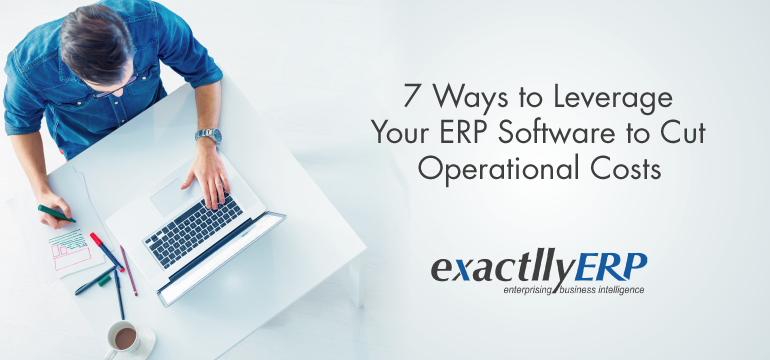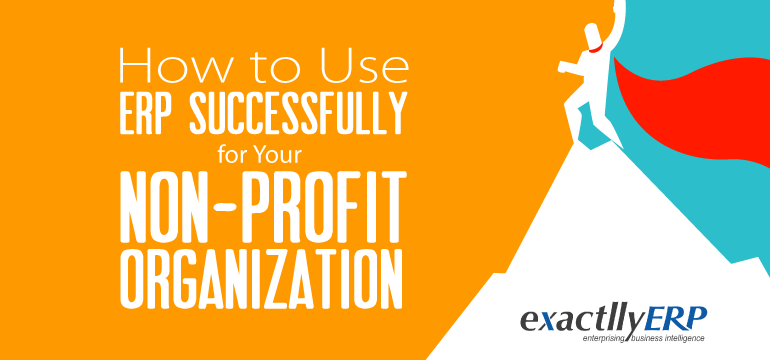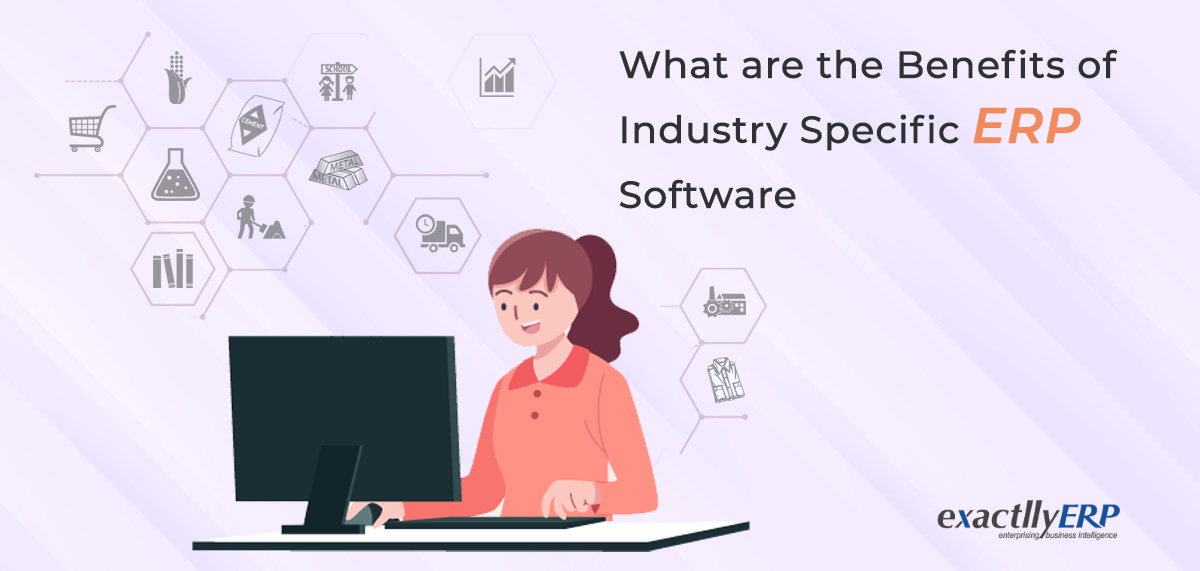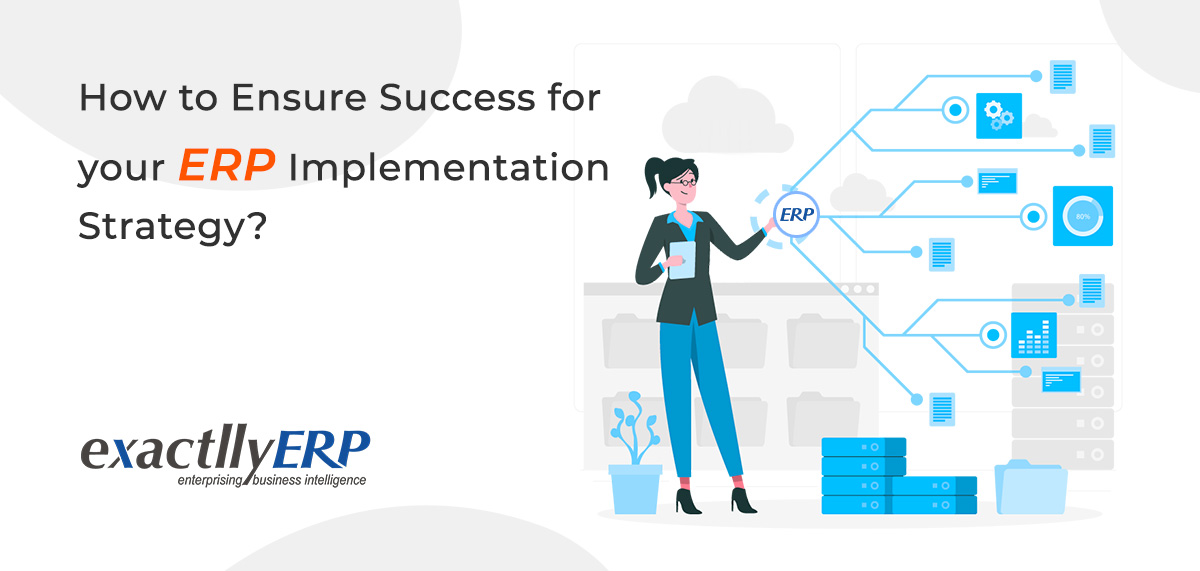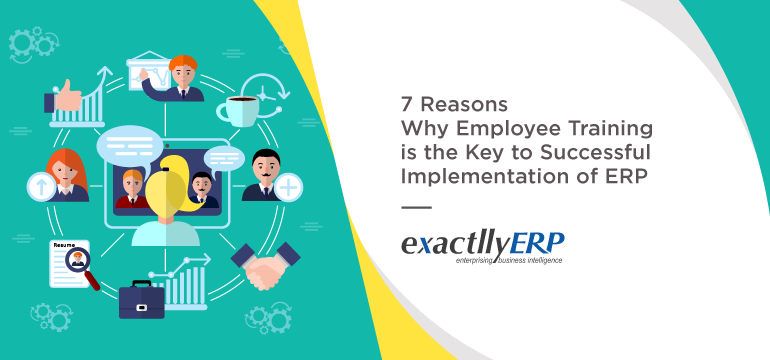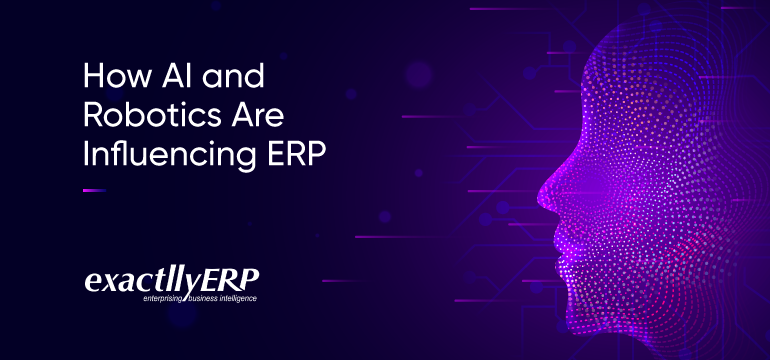Gaining Insight Into Industry Specific ERP and Generic ERP Systems for Choosing the Correct One
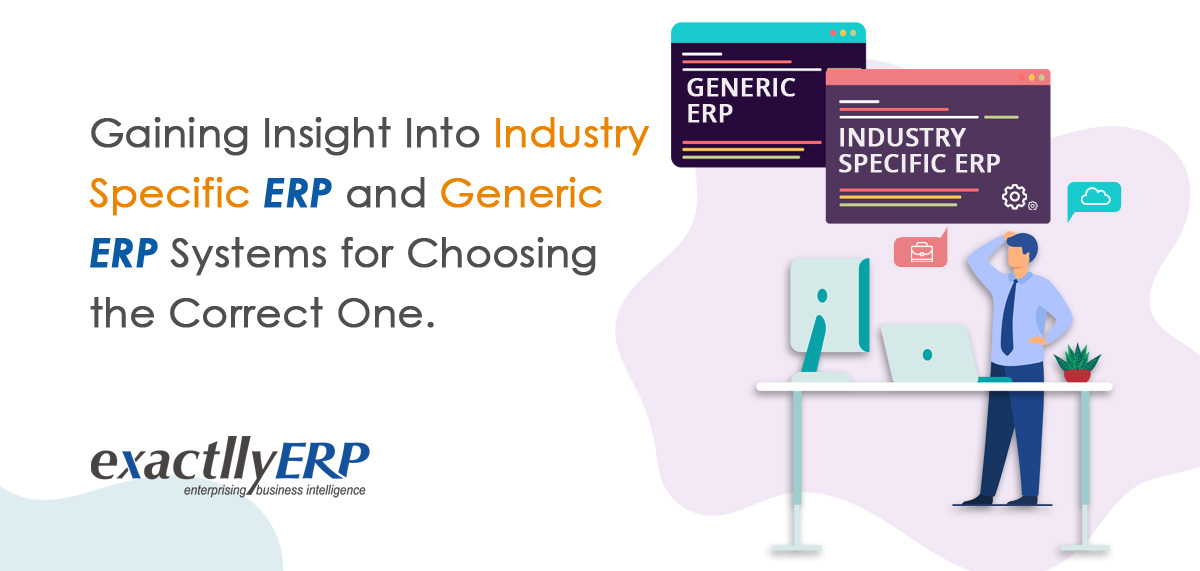
Scaling a business or substituting a legacy system; both situations call for a new ERP system. But today’s IT ERP industry is flooding with manifold options. So how do you select the correct one? It is important to first begin by realizing whether the need is for an industry specific ERP system or generic ERP system. Commencing with the ERP selection procedure might be overwhelming at first but you are never alone in this. This informative blog post is for all those individuals who want to encounter a simplified version of the ERP selection procedure. Also, down this road, learning the differences between generic and industry-specific ERP solutions holds immense importance.
Choosing the Best ERP System via a Simple Process:
To experience successful ERP business collaboration, it is first important to select between industry specific ERP system and generic ERP system. These eight steps will help you in streamlining the procedure of ERP software selection.
- The first step incorporates assessing the present business procedures and operation scaling for understanding the current ERP industry in the correct manner. Realizing the present challenges and gaps becomes streamlined with new ERP implementation.
- Every business be it ERP in construction industry or ERP in retail industry, shaping an evaluation committee is very important. The committee must incorporate end-users, top management and functional experts from every department within a business. While choosing the ERP system, each and every member must offer consensus to all the steps. This is for the purpose of attaining enterprise-wide recognition of the concluding ERP system.
- The evaluation of all the available solutions calls for constructing a selection criterion. The criteria for selecting industry specific ERP and generic ERP must include features such as integrated EDI, barcode abilities, traceability, formulation management, price, etc. Grouping and ranking the criteria needs to be conducted as per the urgency of a business for sound solutions.
- While selecting a particular ERP system, it is important to associate with several ERP vendors. A 10-minute consultation over the phone with a product expert as well as a sales representative is vital. When you engage in such discovery calls from several vendors, it will automatically offer you great insight regarding every vendor and their respective solution. Depending completely on sales literature is not recommended.
- The next step includes shortlisting three to five ERP systems for fulfilling business requirements. The discovery calls that you made earlier will help you in discarding the systems that were actually poor fits.
- Irrespective of the number of vendors you select at first, each vendor must present a live product demonstration & presentation.
- Arranging questions for addressing the most vital requisites and concerns is important. This will assist in accumulating successful ERP projects later on. The way each vendor reacts to your questions will help you in understanding the ERP system that is the most suitable for your business.
- Asking for references from each vendor is also important. Visit and consult the businesses that have already engaged in ERP implementation to know if they are satisfied with the solutions. Also stressing on the points that the businesses dislikes or likes about the ERP system must be considered. In case there were challenges, you must discover how each vendor chooses to resolve the issues.
Differences Between Generic ERP and Industry Specific ERP Systems:
Generic ERP:
Businesses get hands-on efficient methods of automating business procedures with Generic ERP systems. These solutions are not designed with respect to any specific industry. Generic systems are cost-effective as well. One can quickly implement such systems by adopting the pre-configured procedures depending on the best practices. Employee training is also a very simple endeavour with the implementation of such systems. On the other hand, cloud ERP is process-driven which enables businesses to configure processes and only choose the ones that are applicable. In case a business chooses cloud ERP, it can employ APIs for associating the best third-party solutions for solving all the industry-specific requirements. Cloud ERP proves to be a very useful foundation for all kinds of business procedures.
Most of the generic ERP systems include modules for managing the non-manufacturing areas of any business but there are downsides as well. Sometimes there is an absence of key functionalities in these systems for handling the procedures that are manufacturing-specific. Customizing a generic system is possible for filling the gaps but such processes are not just expensive to implement but also time-consuming.
Industry Specific ERP:
The designing of an industry-specific ERP system is conducted by keeping in mind the requisites of a specific industry. ERP implementation takes place very quickly with industry-specific systems. These ERP solutions are equipped perfectly for handling each and every manufacturing procedure with very little or zero customization. This also means cost-effective maintenance and implementation. Industry-specific modules provide deeper functionalities for the particular operations and business requisites in contrast to a generic package. However, if a business carries particular regulatory requisites, then choosing industry-specific ERP systems can be expensive in terms of customization. It is vital to check the regulations that come under generic ERP before taking a decision.
Why not Attain the Best of Both Worlds?
The 21st century is all about innovations. There are some ERP vendors that develop generic ERP systems for mid-sized businesses as well as include versions of the systems that are designed with particular industries in the mind. By this, a business can attain the benefits of both industry specific ERP and generic ERP.
The versions incorporate life sciences, professional services, wholesale, public sector, manufacturing, hotels, distribution, etc. With solutions like this, a business not just receives the functionality & speed but also the features that the particular industry will require. If a business needs to deal with manifold currencies, then such systems will be extremely beneficial as it will help in streamlining the reporting on worldwide as well as local levels.
Final Say:
When it comes to a brand new ERP implementation, it can seem like a daunting task. It is important to ensure that business functions with the right set of people. Allotting adequate time for constructing pertinent selection criteria is vital for fulfilling every business objective. Any business can easily look at all the differences between generic ERP and industry specific ERP & choose the suitable one for witnessing regular sales orders. However, it is highly advised for businesses to opt for integrated systems that are particular to their industry. By this, a business can better handle all manufacturing requisites. Indeed there are software partners offering front-end packages in regards to generic ERP systems but the challenges of handling multiple vendors will always make industry-specific systems a bit more beneficial. To be precise, exactllyERP is a celebrated partner that will not only be your long-standing partner but will also understand the exclusive requisites of your industry. This will automatically enhance the scope for successful projects. Free Demos are available for better understanding. Contact Us today for phone consultations.

